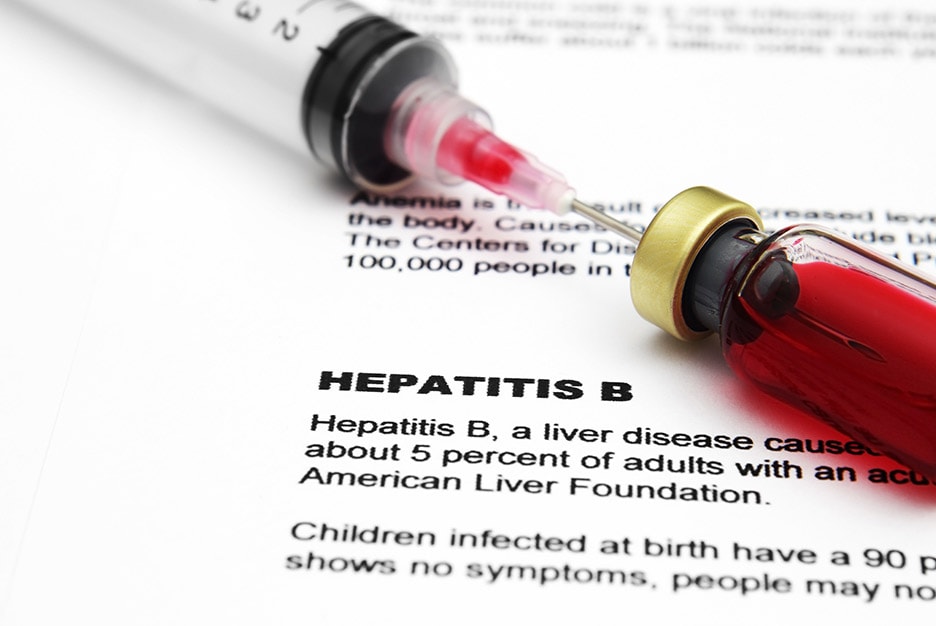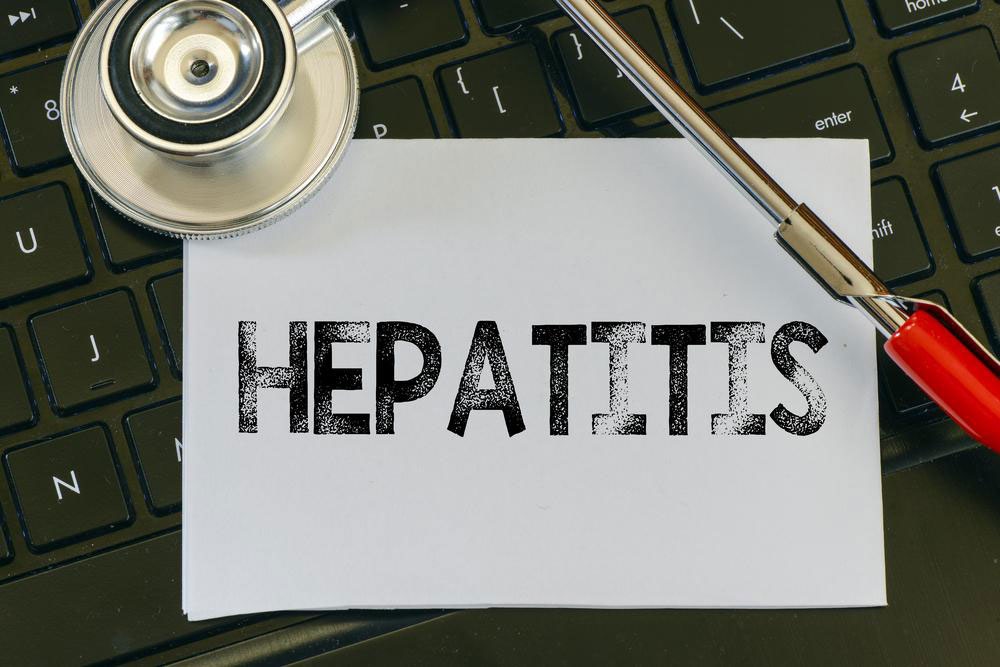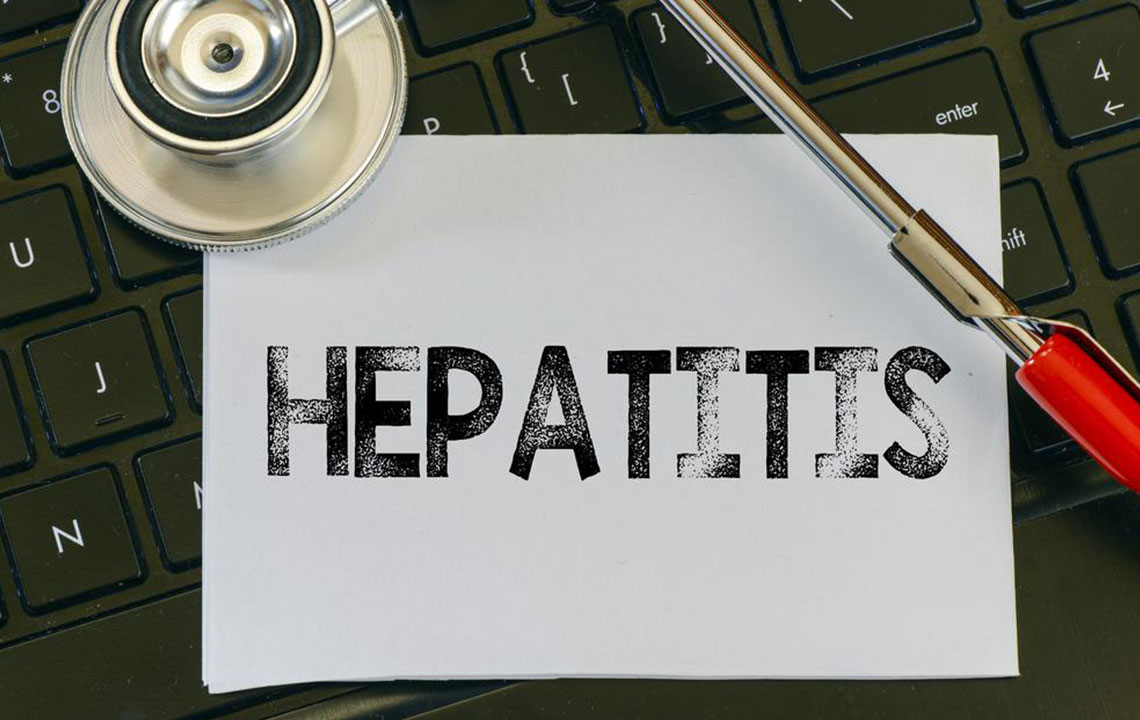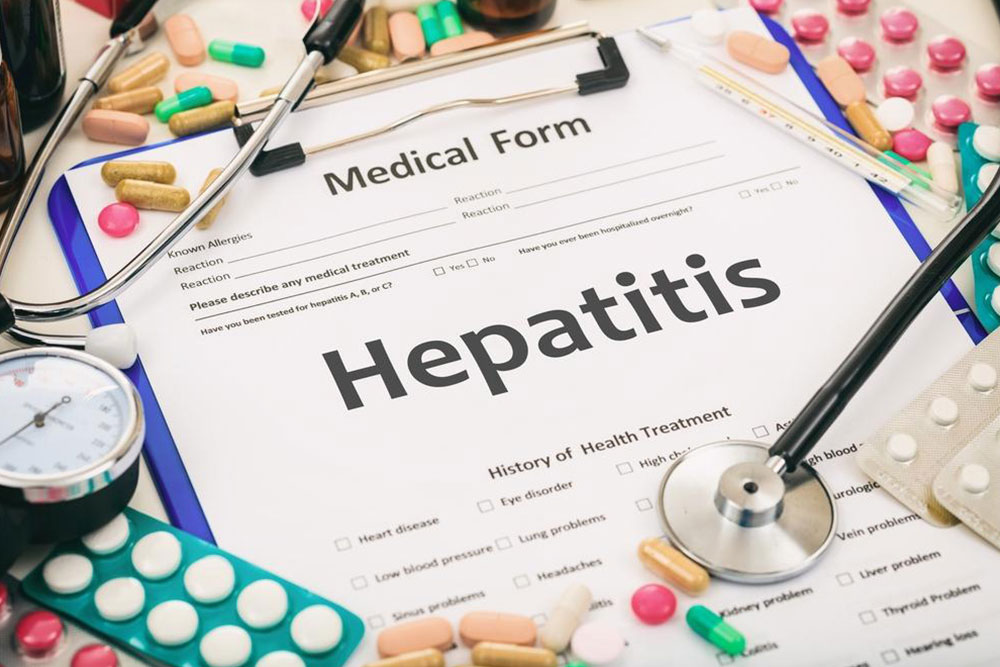Recognizing Symptoms of Hepatitis B Infection
Hepatitis B often shows no symptoms but can lead to serious liver complications if untreated. Recognizing early signs like jaundice, fatigue, and nausea helps in timely diagnosis and management. Understanding the infection's symptoms is essential for prevention and avoiding long-term health issues such as liver cirrhosis and cancer.

Signs and Symptoms of Hepatitis B You Should Know
Often called a “silent infection”, hepatitis B may go unnoticed without obvious symptoms. Be aware of these potential signs of hepatitis B.
Surprisingly, over 69% of individuals infected with hepatitis B do not exhibit any symptoms. About 30% may experience symptoms but commonly mistake them for flu or other illnesses. Only around 1% develop a severe complication called fulminant hepatitis, which can involve liver failure and require urgent medical intervention.
Hepatitis B is termed a “silent infection” because most infected individuals do not show clear symptoms. Without awareness, many may unknowingly transmit the virus through contact with contaminated blood. The causative agent is the HBV, or Hepatitis B Virus, which can result in acute or chronic conditions. Symptoms typically appear within 1 to 4 months after exposure. While acute cases resolve within weeks or months, chronic hepatitis B persists beyond six months and is more common in children, often leading to lifelong health issues.
Knowing the signs of hepatitis B is crucial, as the infection can cause serious liver damage, cirrhosis, or liver cancer if left untreated. The liver’s vital functions include filtering toxins, storing energy, aiding digestion, and supporting immune responses. Chronic hepatitis B can significantly impair these functions, with approximately 15-25% of infected individuals dying from liver-related complications. Early detection and intervention are essential to prevent severe outcomes.
Common Indicators of Hepatitis B
Many carriers remain asymptomatic, but when symptoms do appear, they often resemble flu-like conditions. These include:
Reduced appetite
Persistent tiredness
Nausea and vomiting
Liver discomfort or pain
Itching all over the body
Darker urine, similar to cola or tea
Pale or clay-colored stools
Yellowing of skin and eyes (jaundice)
Signs of other viral hepatitis types, such as A and C, can mimic these symptoms.
If you experience severe symptoms like extreme fatigue, confusion, hallucinations, abdominal swelling, or jaundice, seek immediate medical attention, as these may indicate fulminant hepatitis, which can be life-threatening.
Since early hepatitis B symptoms can be subtle or absent, damage might only be detectable at advanced stages. Symptoms like swelling, persistent jaundice, bleeding, or fluid buildup should prompt urgent medical evaluation.
If you suspect exposure to hepatitis B, consult a healthcare professional promptly, regardless of whether symptoms are present.
Note:
The information on this webpage aims to provide general health insights. However, it should not replace professional medical advice. If in doubt, please seek consultation. The site does not assume responsibility for discrepancies across sources or missed local treatment options.










